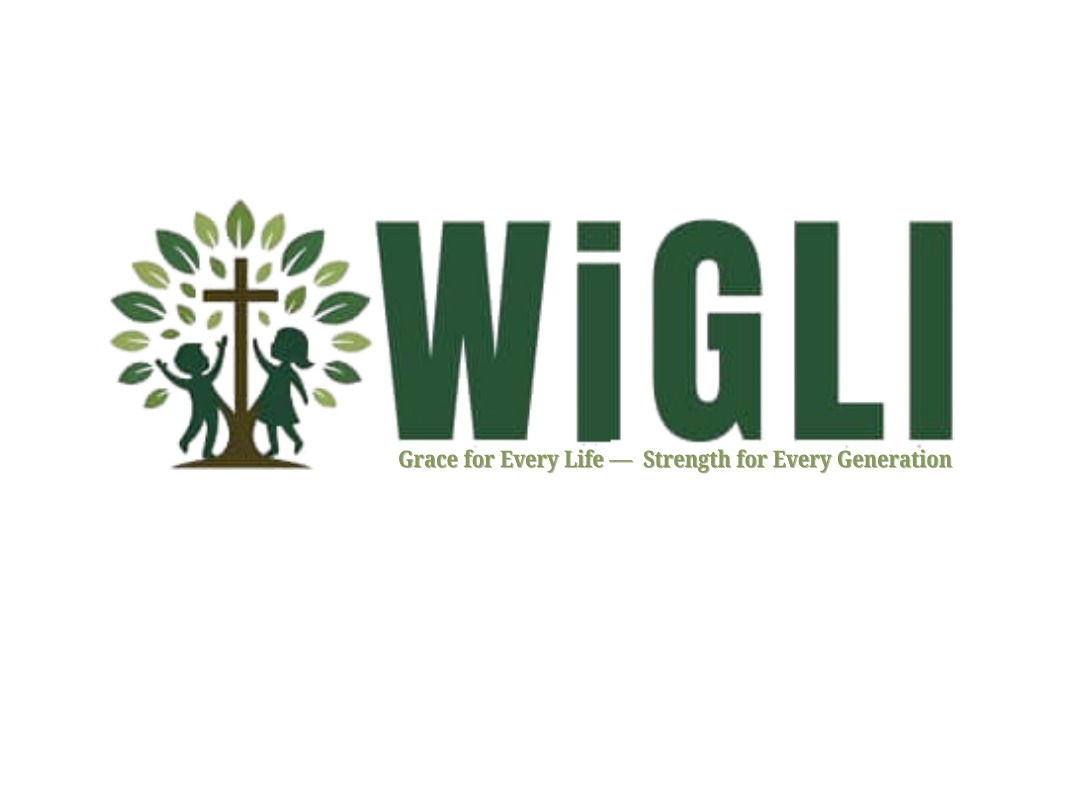Family Support
F. Family Support
WiGLI understands that a child's wellbeing is deeply connected to the stability, health, and resilience of their family. Our Family Support Program empowers households by delivering tailored assistance that addresses immediate needs while fostering long-term self-reliance.
By integrating case management, emergency relief, and sustainable livelihood support, we ensure families can consistently meet their children's physical, emotional, and developmental needs—even in times of crisis.
Key Service Areas
Home Visits, Case Management & Referral Pathways
We offer personalized, holistic support to families navigating complex challenges.
Service Details:
- Case Management: Conduct comprehensive assessments covering health, nutrition, education, safety, and livelihoods. Develop individualized care plans tailored to each household's unique circumstances.
- Home Visits: Regular visits by trained caseworkers or community volunteers to provide coaching, monitor progress, and address emerging needs.
- Referral Pathways: Connect families with specialized services, including health facilities, legal aid, social protection programs, counseling, and child protection interventions.
- Multisector Coordination: Collaborate with government agencies, NGOs, and faith-based organizations to avoid service gaps and duplication.
Expected Impact:
- Strengthened family capacity to meet children's needs.
- Improved access to social and health services for vulnerable households.
- Early resolution of challenges before they escalate into crises.
Emergency Support: Shelter & Food Assistance
For families facing urgent hardship, timely relief safeguards wellbeing and dignity.
Service Details:
- Shelter Assistance: Provide temporary housing solutions, repair damaged homes, or supply materials for safe and dignified shelter construction.
- Food Assistance: Distribute nutritious food parcels or vouchers, prioritizing households with children under five, pregnant or lactating women, and those affected by disasters.
- Non-Food Items (NFIs): Provide essential household goods such as blankets, cooking utensils, and clothing.
- Rapid Response Teams: Mobilize during emergencies—such as floods, displacement, or disease outbreaks—to deliver immediate support.
Expected Impact:
- Reduced risk of malnutrition, disease, and homelessness during crises.
- Accelerated recovery and restoration of family stability.
- Preservation of family unity and protection of children in emergencies.
Livelihood Support, Vocational Skills Training & Income Generation
Sustainable livelihoods are vital to breaking the cycle of poverty.
Service Details:
- Skills Development: Offer training in market-relevant trades including tailoring, carpentry, food processing, agribusiness, and digital skills.
- Starter Kits & Grants: Provide tools, equipment, or seed capital to help families start or grow small businesses.
- Income Diversification: Support families in developing multiple income streams to reduce economic vulnerability.
- Mentorship & Business Coaching: Deliver ongoing guidance from experienced entrepreneurs and business advisors.
- Market Linkages: Connect producers to buyers, cooperatives, and value chains to secure fair and sustainable income opportunities.
Expected Impact:
- Increased household income and reduced reliance on external aid.
- Enhanced ability to provide for children's health, education, and nutrition.
- Empowered caregivers equipped with skills and confidence to plan for the future.
Cross-Cutting Approaches
Faith-Based Support Networks
Harness local churches and faith communities to provide encouragement, social connection, and spiritual care.
Gender-Sensitive Programming
Ensure equitable access and benefits for women, men, and youth.
Integration with Other WiGLI Programs
Coordinate with child health, nutrition, and WASH initiatives to comprehensively address family needs.
